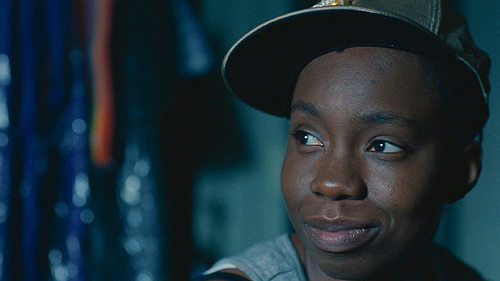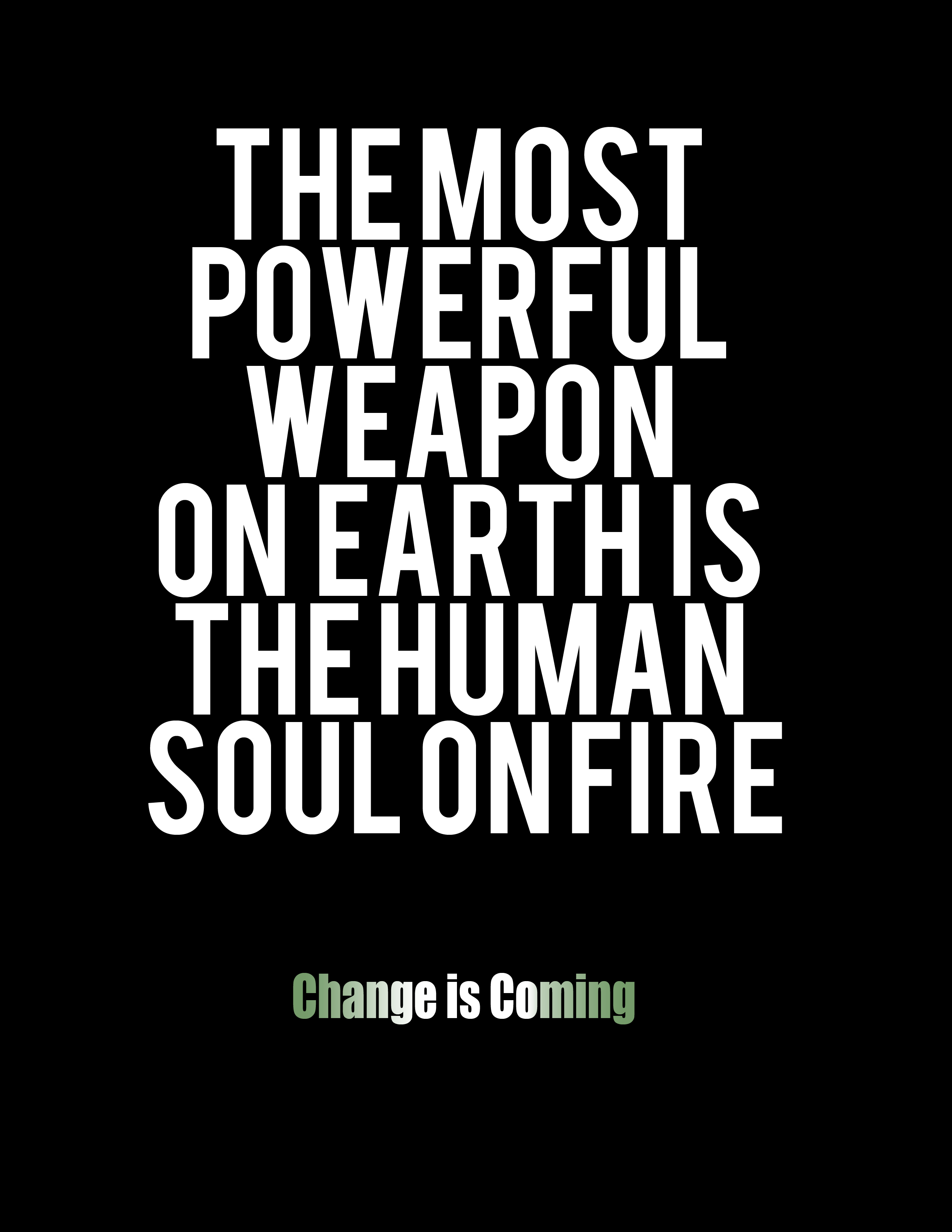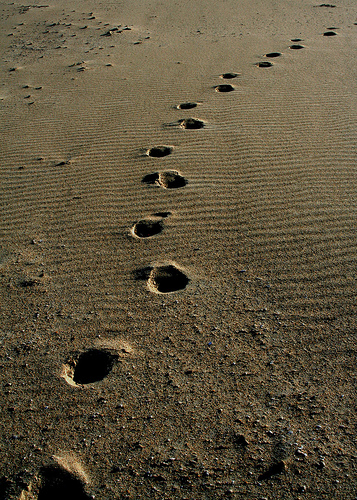My brother wrote this guest post for me for Christmas and I couldn't be any more moved. For any of you feeling hopeless about your families coming around, I want you to read this and see this as your future, see this as where your own family members could go.…
-
-
Not (Just) Another Queer Movie: My Afrofeminist Review of Pariah
Wait a minute, not all lesbians in movies are white, rich or middle-class with no bills to pay? You mean “life†doesn’t get put on pause so that all gay people can experience the thrill of coming out at summer camp? And, there are other LGBT issues worth talking about…
-
Open Letter to LGBT Nigerians and Diaspora: Stand Fast, Change is Coming
They are afraid, of our voices, of our power, of our resiliency. They are afraid of a younger generation of citizens, activists, and diaspora, and our collective belief in a more progressive Nigeria. They are afraid of our growing influence as we gather allies not just from the west, but…
-
For Suicide Prevention Day, I am Calling for A Self-Care Revolution
In the US, suicide takes the lives of over 30,000 people each year. For young people 15-24 years old, suicide is the third leading cause of death. The strongest risk factor for suicide is depression. There are twice as many deaths due to suicide as there are for HIV/AIDS. And…
-
Year in Review: Top 5 Posts from Last Year
I can't describe how powerful and affirming the experience of looking through pages and pages of words has been; from stream of consciousness prose to pensive morning reflections, from photo-poetry to snippets and chapters from upcoming book projects, I really am blown away by how far I've walked, mentally and…



